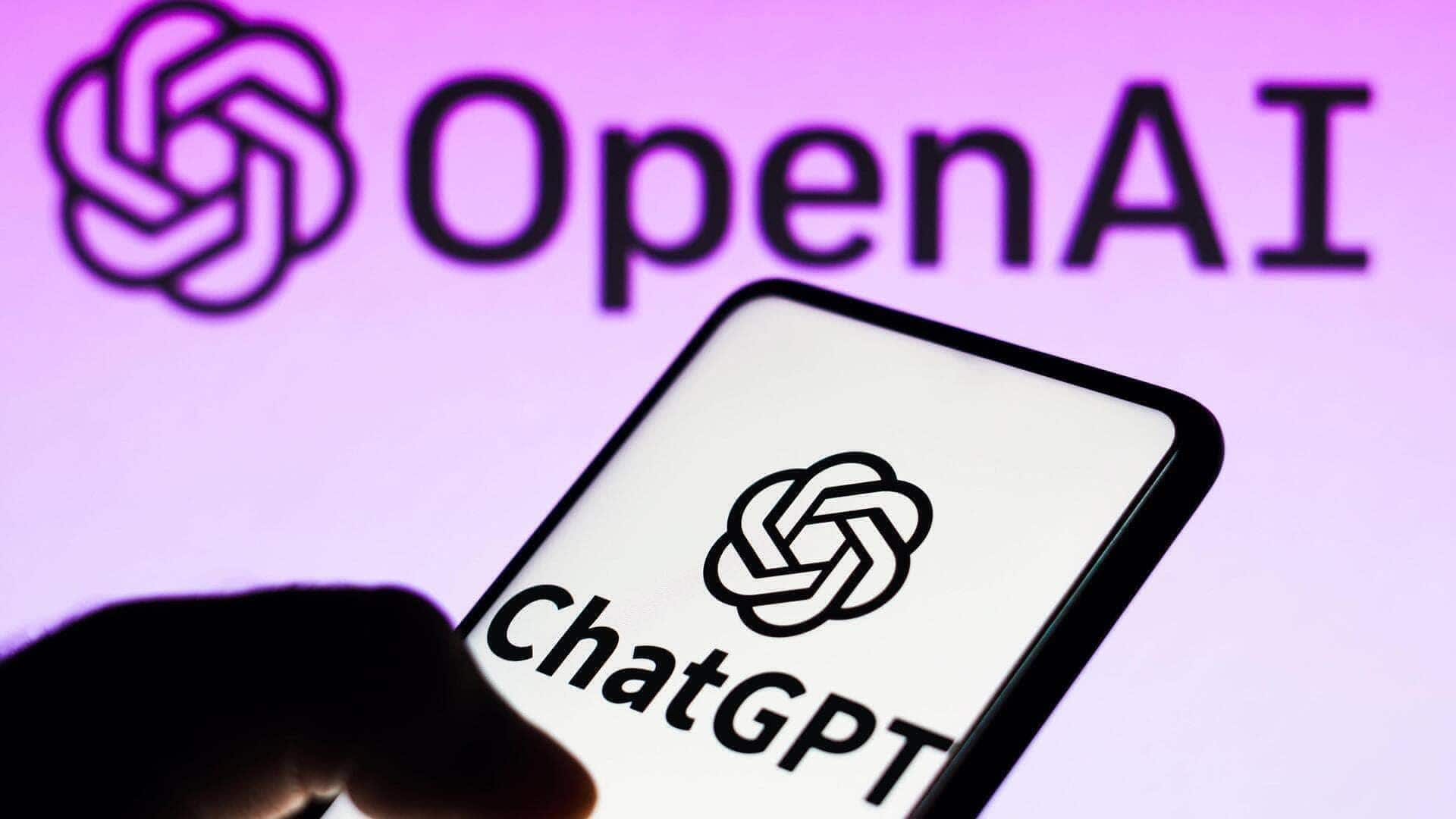
OpenAI is losing money on ChatGPT's $200/month Pro plan: Altman
What's the story
OpenAI's CEO Sam Altman has revealed that the company is losing money on its top-tier Pro subscription service for ChatGPT, the AI firm's popular chatbot. The usage of this plan, which provides full access to OpenAI's latest AI models and features, has far exceeded the firm's initial expectations. "Insane thing: we are currently losing money on OpenAI pro subscriptions! People use it much more than we expected," Altman revealed in a post on X earlier today.
Pro subscription
OpenAI's new subscription tier and exclusive access
Back in December, OpenAI launched a new subscription level called ChatGPT Pro. Available at $200/month, the plan provides users with near-unlimited (usage must be reasonable and comply with OpenAI's policies) access to ChatGPT tools. It also provides exclusive access to a model called o1 pro mode that uses more computing power to provide answers. This comes on top of their current $20/month 'Plus' plan to access ChatGPT's latest model and free AI tool usage.
User base
ChatGPT's rapid user growth and OpenAI's financial challenges
ChatGPT has rapidly emerged as one of the fastest-growing apps in terms of users, gaining over 100 million users within months of its late-2022 launch. However, OpenAI's profitability has been a concern due to rising operational costs. These costs mainly stem from the high amounts of processing power required to run its flagship AI models. The company is now focusing on AGI and aims to bring AI agents to workforce later this year.
Financial struggle
OpenAI's revenue overshadowed by operational costs
Despite generating steady revenue from its subscription services and enterprise deals, OpenAI's operational costs have mostly overshadowed its income. A September New York Times report projected the firm to post a loss of $5 billion in 2024, against revenues of $3.7 billion. The financial challenge comes even after a successful funding round in October that valued the AI giant at $157 billion with major contributions from tech giants like Microsoft and NVIDIA.